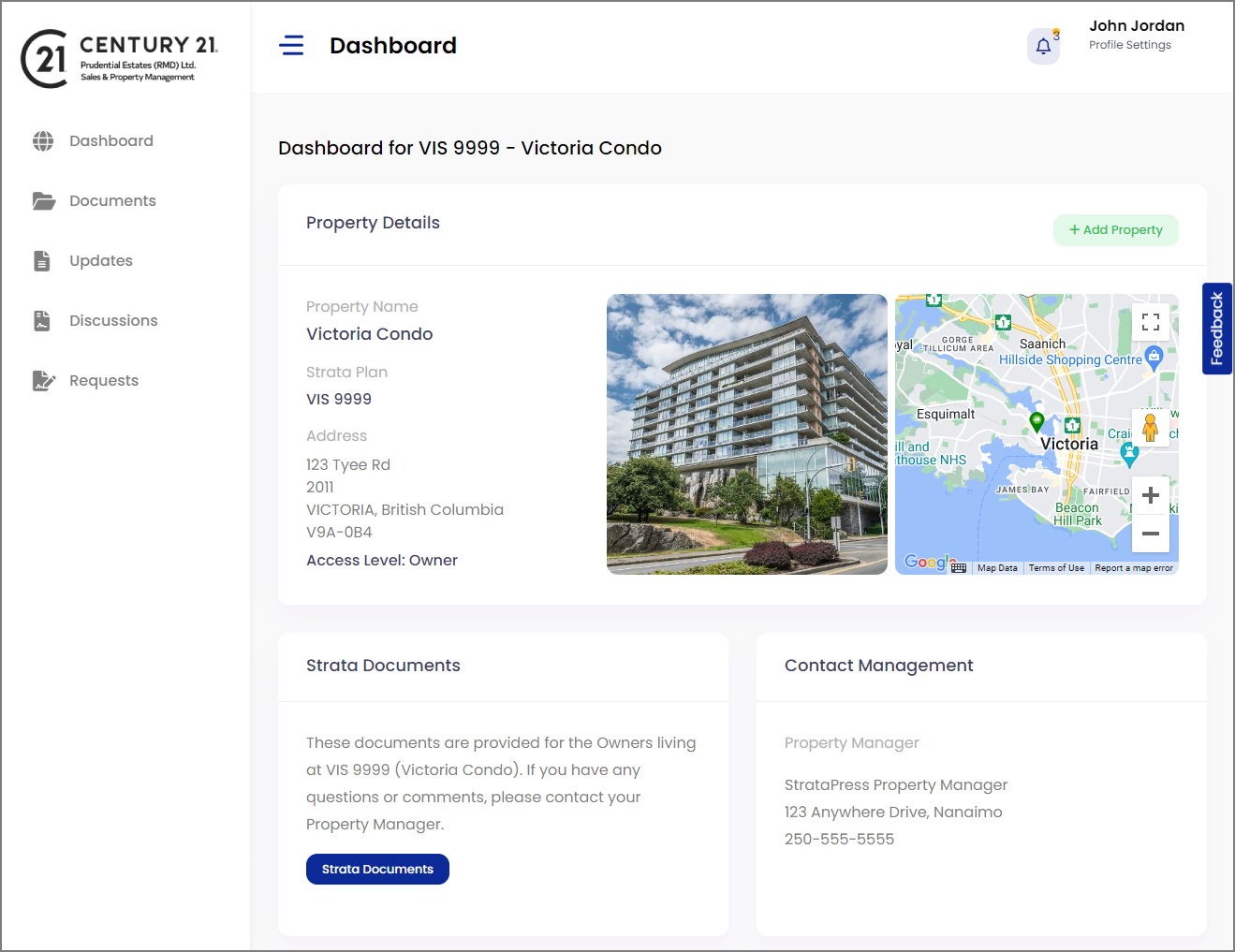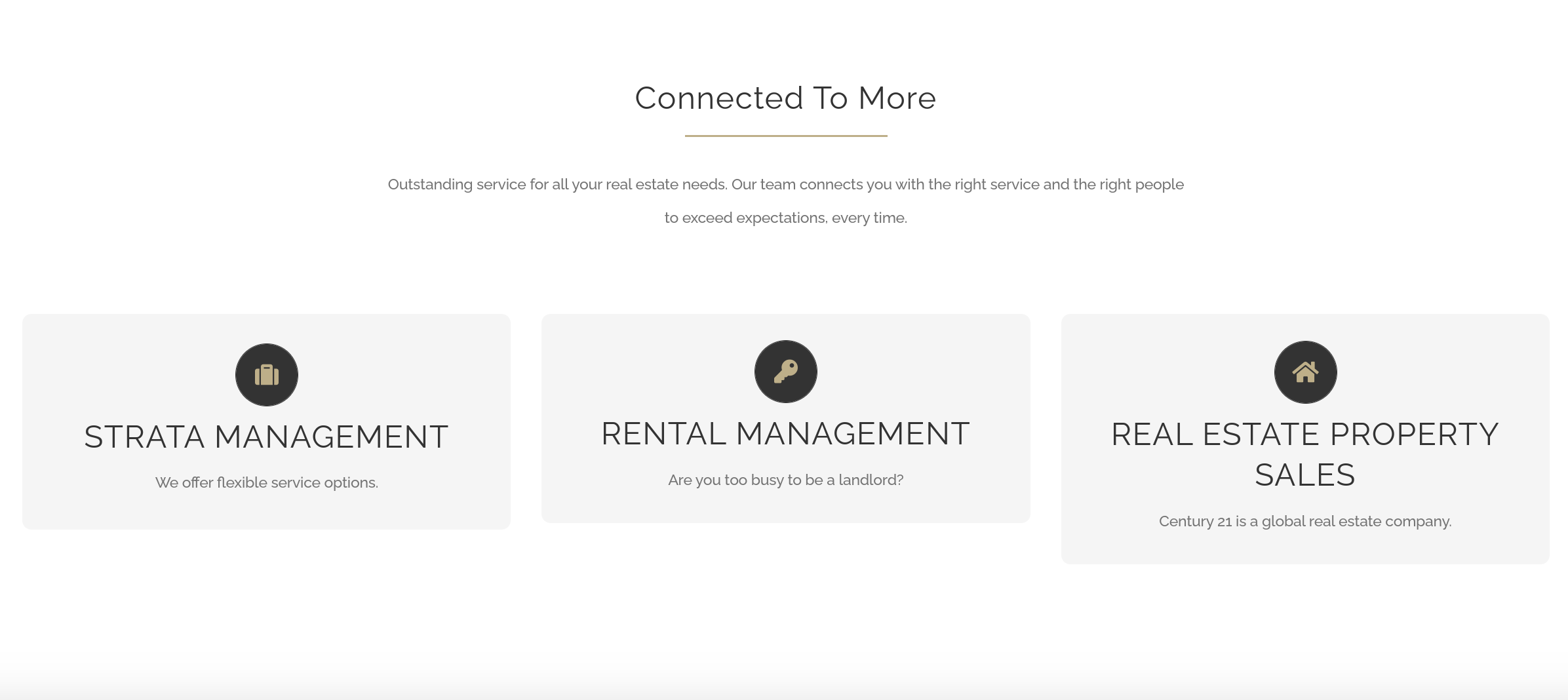In an effort to improve the B.C. housing and rental shortage and address record-low vacancy rates, Premier David Eby passed significant amendments to Bill 44 of The Strata Property Act (SPA). These amendments went into effect on November 24, 2022, and are already affecting Strata Corporations, Homeowners, Real Estate Agents, and Developers across the province. Here’s what you need to know about the new amendments and how they may impact you.
-
Rental Restrictions
One of the factors the B.C. government felt affected vacancy rates included a large number of Strata Corporations not permitting owners to rent their units and restrictions on the number of rentals allowed in a complex at a given time (commonly ten percent of the unit total). One of the new amendments restricts Strata Corporation’s from prohibiting owners from renting out their unit. The amendment does not apply to rental restrictions regarding short-term rentals, such as AirBnB’s and other vacation rentals.
-
Age Restrictions
Another factor the B.C. government felt played a significant role in B.C. residents’ access to housing included age restrictions. Previously, Strata Corporations were allowed to have various age restriction bylaws, such as 19+, 30+, 50+, etc. Since the passing of Bill 44, all strata buildings, except senior-orientated communities (55+), are no longer permitted to set age restriction bylaws. Caregivers who assist a person who resides in the strata lot are exempt from this amendment. Strata Corporations can require one or more residents living in the strata lot to be the minimum age.
-
Electronic General Meetings
During the height of the COVID-19 pandemic, many Strata Corporations hosted electronic general meetings through Zoom and other virtual platforms, requiring a bylaw. Since the amendment, bylaws are no longer necessary for Annual General Meetings (AGMs) and Special General Meetings (SGMs) may be explicitly virtual, in-person, or a hybrid of the two.
-
Form B (Information Certificate)
Form B is a standard form required when a unit in a Strata Corporation is being sold, or the owner is refinancing their mortgage. As of April 1, 2023, this form was updated to require a copy of the Strata Corporation’s current insurance certificate or summary of coverages. Some other minor changes to Form B include abolishing the need for a Strata Corporation to disclose the number of units being rented in a complex and requiring added information when a resolution has been voted on to wind up the Strata Corporation.
-
Minimum Contribution to Contingency Reserve Fund (CRF)
Effective November 1, 2023, Strata Corporations must contribute at least ten percent of their annual budget to their Contingency Reserve Fund (CRF) if they are not already doing so. A requirement to contribute 10 percent was already in place. However, it was only mandatory if the amount in their CRF was below twenty-five percent of their annual budget. For example, if a Strata Corporation has an annual budget of $100,000.00 per year and $30,000.00 in their CRF, they were not required to contribute any further funds to their CRF. However, with the upcoming changes, regardless of how much money is currently in the CRF, the Strata Corporation must contribute 10 percent of its annual budget to CRF.
Additionally, the amount that the Owner Developer is required to contribute to establish the CRF for new Strata Corporations is 10 percent (currently 5 percent) of the total expenses of the Developer’s interim budget.
Not sure how to navigate the recent changes to the Strata Property Act or are unsure how they affect your community? CENTURY 21 Prudential Estates (RMD) Ltd. has experienced Strata Managers who can help you with the advice and guidance needed to implement new policies and procedures and ensure your Strata Corporation abides within the Strata Property Act (SPA). Visit our website to learn more about our strata management services and request a free proposal.
For more information on the above topics visit BCFSA website.
Disclaimer: The information provided is for general purposes only. It is not intended to provide legal advice or opinions of any kind. No one should act, or refrain from acting, based solely upon the information provided, or any other general information without first seeking professional legal advice.




